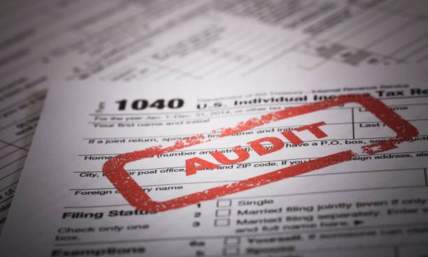How To Approach Tax Season As A 1099 Employee
Approximately 11% of working, adult Americans are full-time independent contractors and this number is increasing, which means there will be more people who need to work out their own taxes in time for tax season. Whether you're new to freelancing or you simply haven't quite gotten used to filing as a 1099 employee, here's how you can get your taxes sorted.
Also read: Your 2019 Tax Return
Understand the Terminology
When you work for someone else but you're not an employee, you're classed as an independent contractor. This means that when you're filing income taxes, you're a sole proprietor. Since you don't have an employer withholding tax, you're responsible for calculating and paying your own taxes during tax season.
What Is A 1099?
The 1099 form has a number of different purposes, but for independent contractors, it allows you to document your self-employment income. Each time you work for a client, you should receive a 1099-MISC form. In box 7, you will need to add the amount of compensation you were paid during the tax year. You need to file your taxes by the 31st of January so you can file your taxes the following year.
You'll need to add up the total of all your 1099s and enter it on your Schedule C. Your Schedule C is filed with your tax return, and this calculates whether you've made a profit or loss that year.
Self-Employment Tax
Along with income tax, you'll also need to pay self-employment tax. You'll file this when you file your income taxes. These are the contributions to Medicare and Social Security which employees have taken out of their paychecks automatically. Whether you're an L.L.C, a partnership, or a sole proprietor, you need to pay self-employment tax since you're not an employee.
Usually, employers pay half of these taxes. Since you're paying both halves, you can then deduct the employer's half.
Also read: Tax Refund Chart
Deducting Expenses
One of the great things about working as an independent contractor, is a massive list of things you can deduct. These need to be related to your work though, which is why it's so important to keep your business and personal finances separate. You need to keep records for your business, so you can keep track of which expenses are business-related.
If you commit to a good organization system, you'll find that tax season is a lot easier and simpler. Some of the things you can deduct include:
- Tax, bookkeeping, and accounting expenses
- Advertising and marketing expenses
- Software, magazines, and books that relate to your business
- Car and gas expenses (if traveling for business)
- Training and education expenses
- Home office expenses
- Insurance expenses
- Professional and legal fees
- Entertainment and meal expenses
- Office materials and supplies
Your specific business expenses need to be clearly documented, with the amount, date, and business purpose labeled. This will ensure that if you're ever audited you can easily justify any deductions you've claimed.
Also read: States With No Income Tax
Are You Ready For Tax Season?
Approaching tax season as a 1099 employee doesn't need to be a nightmare. With the above tips, (and some solid organization skills), you can glide through tax time and come out smiling on the other side.
Need a 1099-MISC form? Check out our instant online 1099 form generator and begin filing today! If you need to create a payslip, you can try out our check stub maker.















